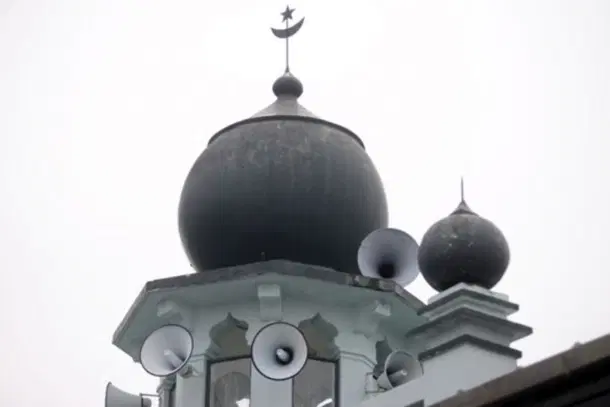News Brief
Chhattisgarh Waqf Board Mandates Prior Approval Of Friday Sermons To Prevent Political Speeches In Mosques; BJP Welcomes Move
Nishtha Anushree
Nov 18, 2024, 04:56 PM | Updated 04:56 PM IST
Save & read from anywhere!
Bookmark stories for easy access on any device or the Swarajya app.


In a first-of-its-kind directive, the Chhattisgarh Waqf Board has announced that all sermons delivered during Islamic Friday prayers will require prior approval to prevent political content. The board’s chairman, Salim Raj, issued circulars stating that speeches in mosques must adhere strictly to Islamic teachings and avoid political themes.
Salim Raj, who assumed his position last month and also leads the BJP’s minority cell in the state, shared the decision via WhatsApp messages. He emphasised that religious spaces should not be turned into “political addas (hubs),” adding, “Politics is for politicians, and sermons must focus on Islam and Allah’s message.”
The board plans to implement the directive across 3,800 mosques in the state, starting this Friday. According to Raj, the move came after reports of alleged “anti-government” speeches in certain mosques within the BJP-ruled state.
The directive has drawn sharp criticism from opposition parties, including the All India Majlis-e-Ittehadul Muslimeen (AIMIM) and the Congress, Indian Express reported.
AIMIM chief Asaduddin Owaisi labeled the decision unconstitutional in a social media post, arguing it violated Article 25 of the Constitution, which guarantees freedom of religion. “The Waqf Board has no legal power to pre-approve sermons, and even if it did, it would still be unconstitutional,” Owaisi said.
The Congress also condemned the move, calling it an attack on free speech and religious freedom. Party spokesperson Sushil Anand Shukla stated, “While the waqf board oversees properties, it lacks the authority to dictate the content of sermons delivered in mosques.”
The BJP defended the decision as a measure to prevent the misuse of mosques for political purposes. BJP spokesperson Tauqir Raza argued that unchecked political statements in religious settings could escalate tensions, citing Kashmir as an example where fatwas allegedly contributed to violence against Kashmiri Pandits. “We are ensuring mosques are not used for anti-national or controversial activities,” Raza said.
The directive has sparked a broader debate about the intersection of religious practice, political expression, and constitutional rights in India.
Nishtha Anushree is Senior Sub-editor at Swarajya. She tweets at @nishthaanushree.





